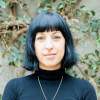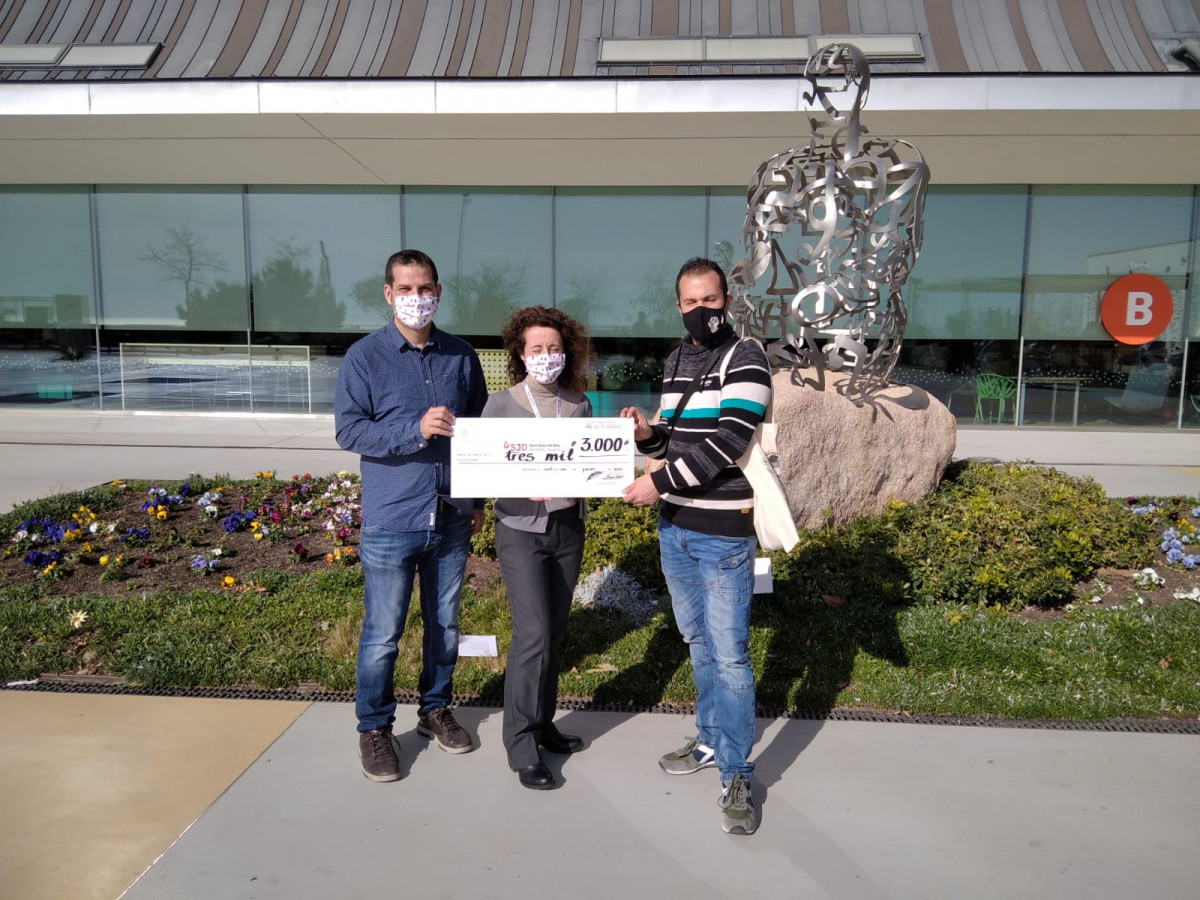
Interview to Joan Carles — Father of a girl with retinoblastoma

Joan Carles does not forget that day: “Júlia was diagnosed on May 29th 2018, when she was a few months old. The symptom that she presented at that time was the strabismus of the left eye. That was what made us go and visit the doctor”.
He confesses that it was a very hard time, as also were the first visits to the hospital. “Everything is new and a complete nightmare. Little by little, you get adapted to the new normal and visits to the hospital are part of your life routine. The staff in Sant Joan de Déu are so humane and they treat you with so much care… This makes everything much easier”. Joan Carles thinks that parents and caregivers must always express what they feel.
“Do not repress your feelings and express the full magnitude of what is happening to you. You have to face the future and the reality of what is happening"
"Look ahead and try to adjust to this new life. You will appreciate much more the little things in life. In our case our family has become a very powerful team”.
Júlia had to undergo two sessions of intra-arterial chemotherapy treatment and two sessions of laser tumour consolidation. Now she is perfectly fine, she goes to school and has a completely normal life, except for her quarterly visits to the hospital to check that the tumour remains inactive.
A few months after Júlia was diagnosed, Joan Carles, together with other seven families, created the association AENAR-Miradas Mágicas and recently they created La Nineta dels Ulls foundation to promote research in retinoblastoma. “The associative movement is essential for the families, as it helps them meet people in the same situation and feel that they are not alone in this. In addition, through these associations you can do your bit to promote research and ensure a better future for girls and boys”.
When we talked with Joan Carles about the driving role of families in research, we asked him about Share4Rare: “The Share4Rare project seems like a great initiative to us. To date we have not been able to contact other families through the platform, but we have attended some of the webinars that they have organized and we have found them very interesting”. And he adds: “Research is everything in any disease and when it comes to rare diseases even more so. Without research there would be no treatments and no cure for the diseases. In our case, research is our great hope and we plan to dedicate great efforts to make it go further and further”.
